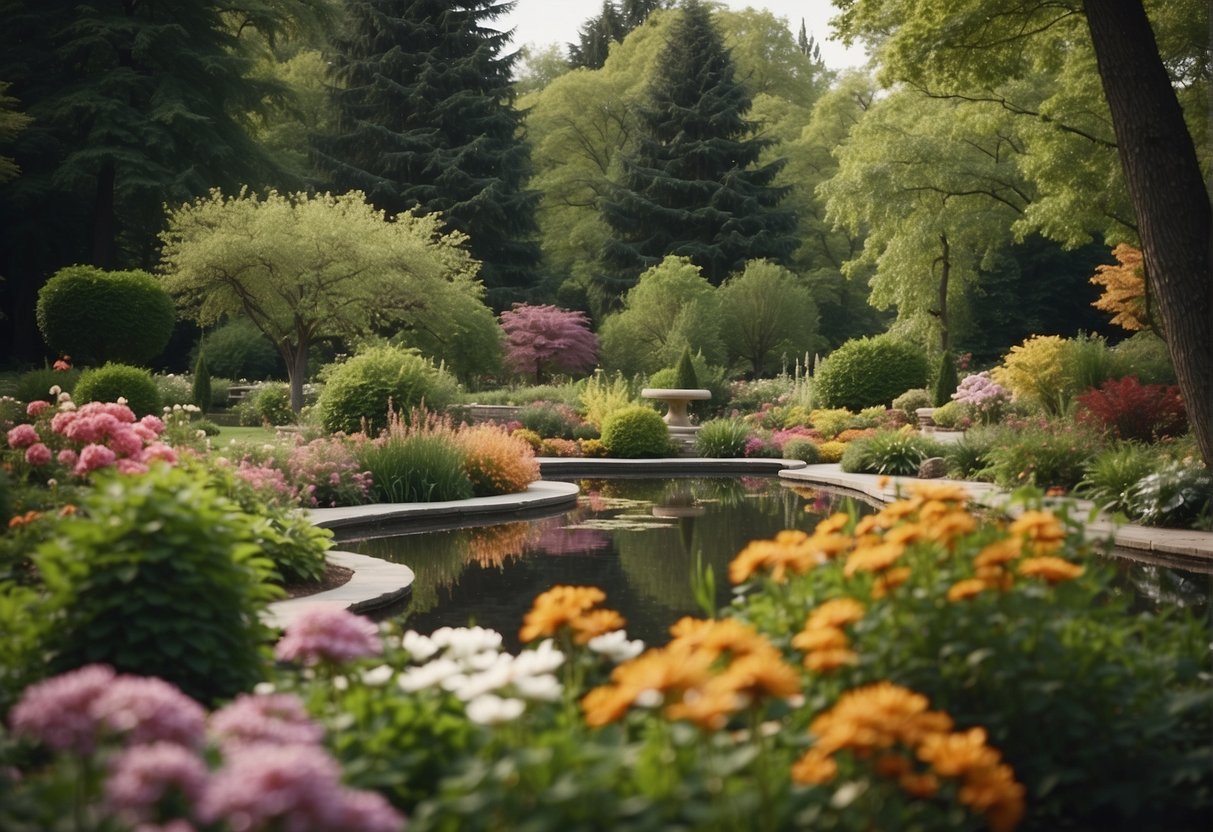
Garden therapy, an emergent practice within the holistic health community, is gaining traction as a potent form of healing and well-being improvement. The concept is rooted in the belief that interacting with nature, through the act of gardening, has the capacity to heal the mind, body, and spirit. In nurturing plants, individuals inherently nurture themselves, engaging in a reciprocal relationship with the living environment that can lead to profound therapeutic benefits.
By integrating basic horticultural activities into their daily lives, individuals find a sense of purpose and accomplishment. The physical exertion involved in gardening, such as digging and weeding, also contributes to improved physical health. Moreover, the exposure to open spaces and living organisms can alleviate symptoms of stress, depression, and anxiety, reinforcing the mind-body connection that is central to overall well-being.
Key Takeaways
- Gardening activities foster a symbiotic relationship with nature that supports healing and well-being.
- The physical aspect of garden therapy contributes to overall health improvement alongside mental and emotional benefits.
- Exposure to nature through gardening is a natural and accessible means to combat everyday stress and enhance mental clarity.